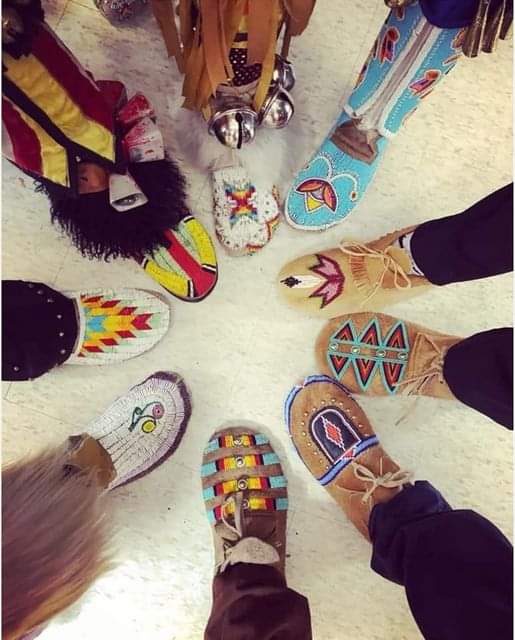Harmony in Diversity: The Community Center Allocation Dilemma
Case Study Overview:
A new community center is sparking debate in a small town where Indigenous and non-Indigenous residents must share a communal space. The question at hand: Should the center dedicate space exclusively for Indigenous ceremonies and events, or should all cultural activities have equal precedence without special provisions? The committee, representing both populations, is deadlocked, and your expertise as a dispute resolution practitioner is sought to guide a solution rooted in ethics and understanding.
Exercise Duration: Approximately 15 minutes
Small Group Discussion:
Group 1: Wisdom, Courage, Respect
Group 2: Honesty, Love, Relationality
Group 3: Truth, Reflection, Reflexivity
Group 4: Reframing, Humility, Relationality
Group 5: Building a Relationship, Reciprocity, Reflection
Sharing Insights
– Each group member will share a key insight on mentimeter they discussed in the group that could contribute to a resolution that honors the community’s diversity and land they are on.
Anticipated Learning Outcomes:
– Students will develop an understanding of applying the Seven Sacred Teachings and Seven R’s in a practical, ethical engagement context.
– They will appreciate the balance needed between respecting Indigenous traditions, laws, ethics, and sovereignty and ensuring fair access to communal resources.
– Students will showcase their capacity to weave ethical principles and Indigenous values into collective decision-making, promoting cultural harmony.
Note: This activity is designed to suit circumstances where time is of the essence, yet still prioritizes critical engagement with the concepts at hand. The framing encourages students not only to talk about theoretical applications but also to practice a mindful approach to ethical decision-making. This sets the groundwork for more in-depth application in future discussions or exercises.
COPYRIGHT: ANDREA MENARD 2024



